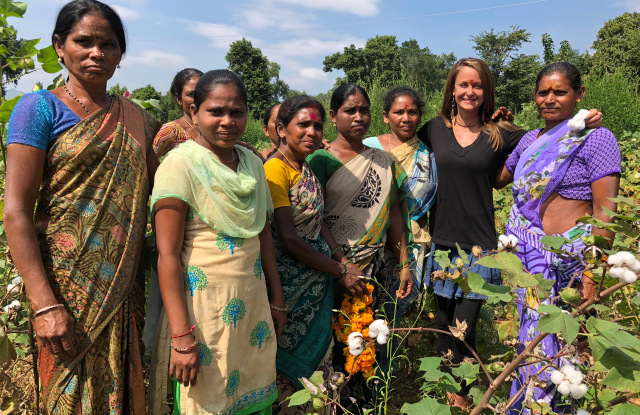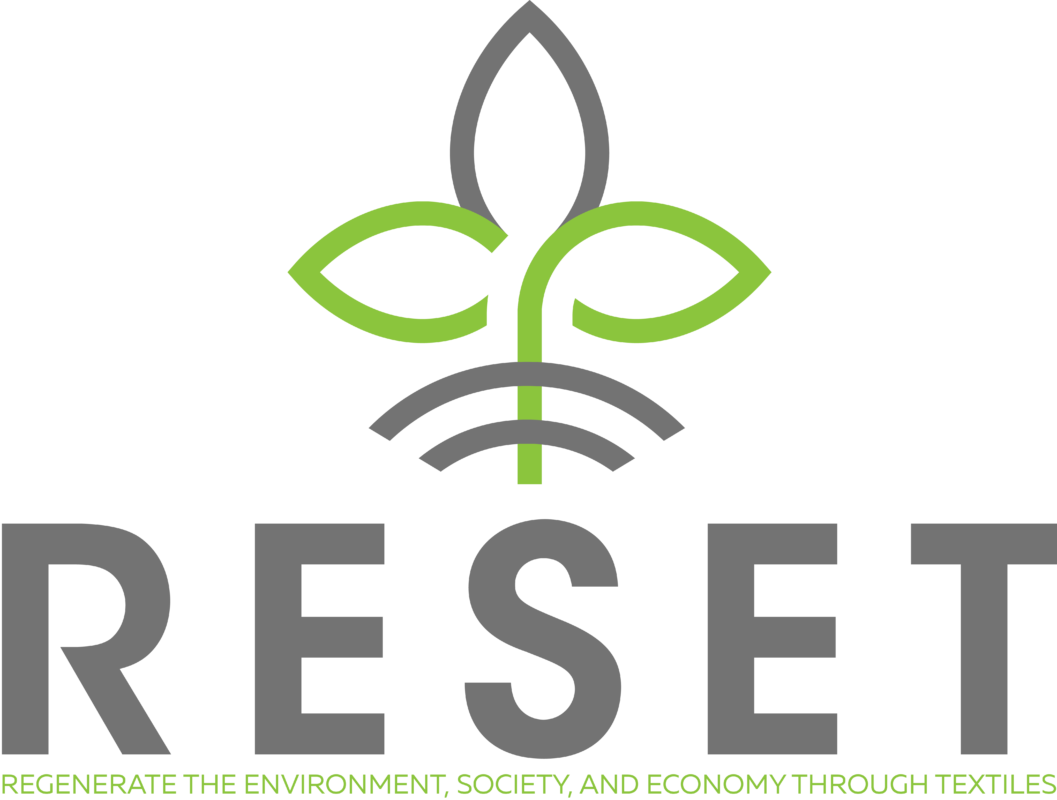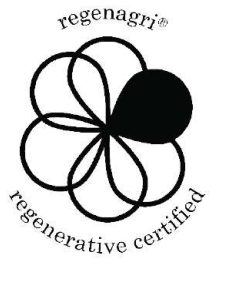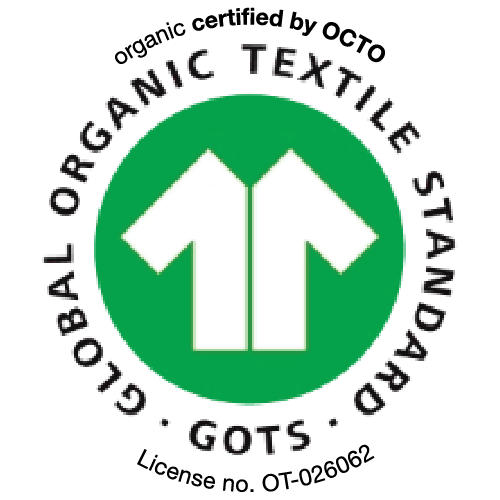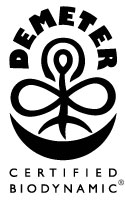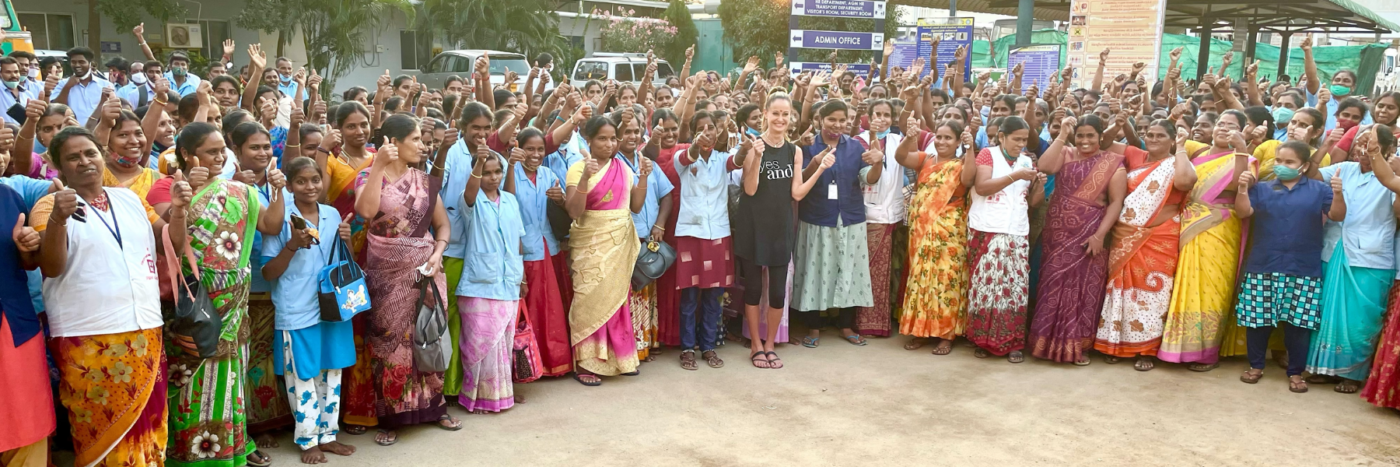Regenerate the Environment Society and Economy through Textiles
Through our 3 unique cotton tracks, we work with farmers to train them in regenerative organic farming practices which build soil health, sequester carbon, and remove toxic chemicals from the farms and surrounding communities.
Our program and our standards address social, economic, and environmental issues that have been afflicting India’s cotton belt and its farmers for decades.
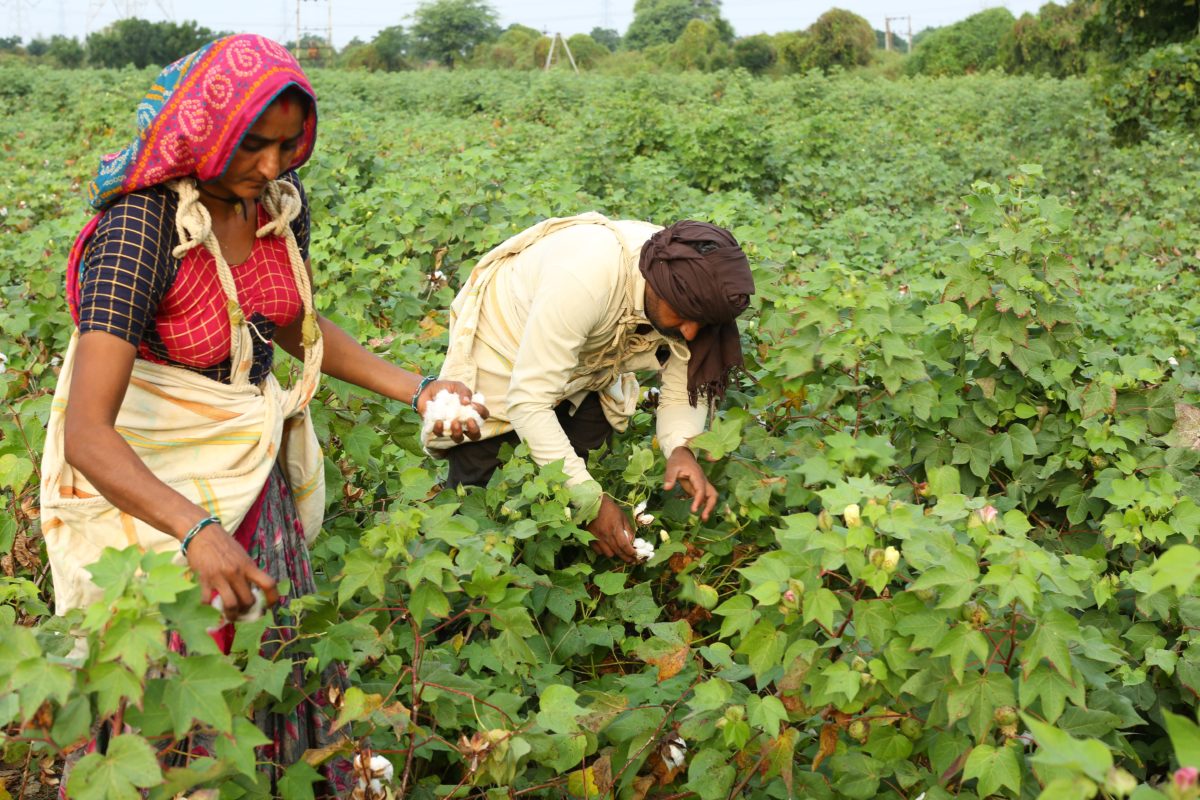
The Problem
In India, over 50% of the population depends on agriculture for income
However, a large percentage of cotton farmers are forced to take on large loans from banks and are then controlled by unreliable markets with dependency on unpredictable crops.
The land in India has become gradually less productive due to soil degradation and unsustainable conventional farming techniques, leading to spikes in farmer suicides.
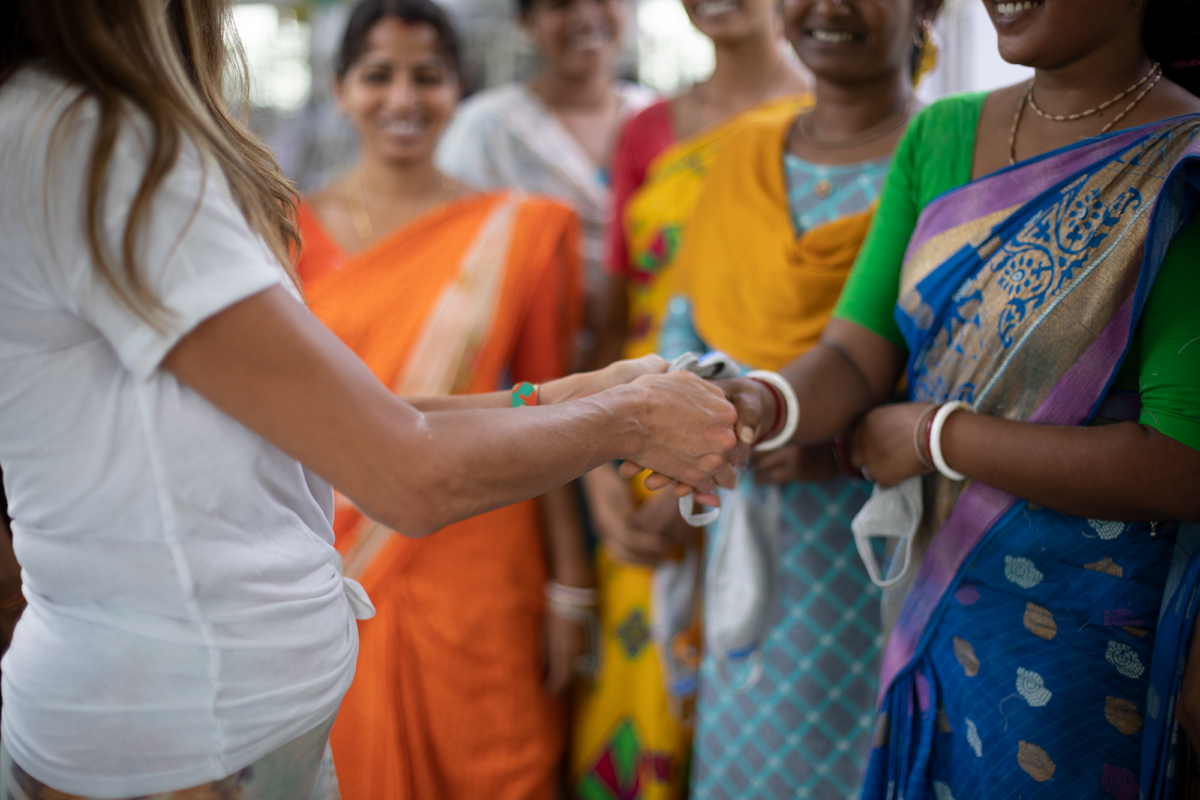
Our Solution
RESET is designed as a sustainable financial model for farmers and addresses climate change through regenerative farming
Through our brand partnerships, farmers have cotton commitments and provided the direct resources to adopt regenerative, organic, and biodynamic farming methods.
As a result, we are able to rebuild the topsoil health and increase climate resilience at the farm through the absence of synthetic fertilizers – improving farmers livelihood and increasing yields.

